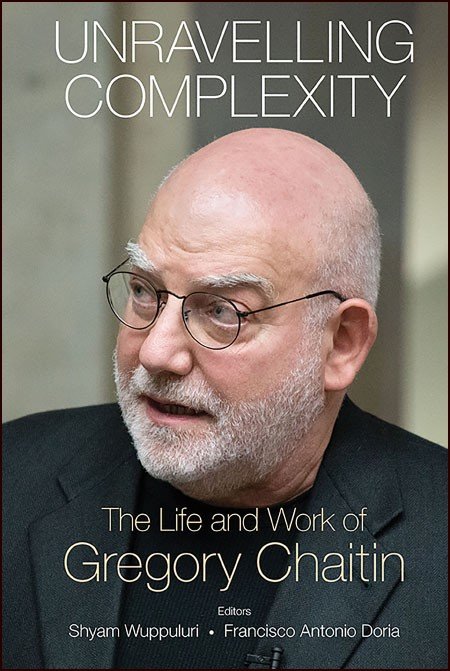Chapter 14: From the Origins of Life to the Nature of Intelligence
A remarkable feature of life on Earth is the apparent trend of increasing complexity of the biosphere over the 〜3.5 billion year history of life on this planet. A striking manifestation of this trend in the last few hundred million years is the growth of intelligence. However, neither the rise of intelligence nor the trend of increasing complexity currently has a satisfactory general explanation in terms of known principles. It is also far from obvious that this trend is truly “open-ended” or if there is a complexity cap that will one day be reached. Indeed, the very concept of “increasing complexity” is hard to define and can be challenged, especially as we only have a single sample to go on. In the absence of evidence for any other planet hosting intelligent life, it is unclear at present whether intelligent life like us (or for that matter life at all) is common or rare in the universe. The best path forward, in lieu of discovering alien life, is to better understand the evolutionary mechanisms of known life on Earth. Perhaps the greatest outstanding problem is the transition from non-living to living matter, without which biological evolution could not happen at all. For the past century, attempts to study the origin of life have focused on organic chemistry and the identification of complexifying reaction pathways in plausible prebiotic settings. Inspired by the profound insights of Gregory Chaitin, we here outline an emerging approach, which transcends the chemical substrate of life by attempting to define the non-life to life transition in informational terms. One advantage of this substrate-independent “software” approach is that the mathematical framework applies equally well to life and to intelligence. If there does exist a general directionality principle in the evolution of complexity and intelligence it is most likely to emerge from universal “information laws” that would apply to life here on Earth but also potentially to any other life and intelligence that might exist elsewhere.



